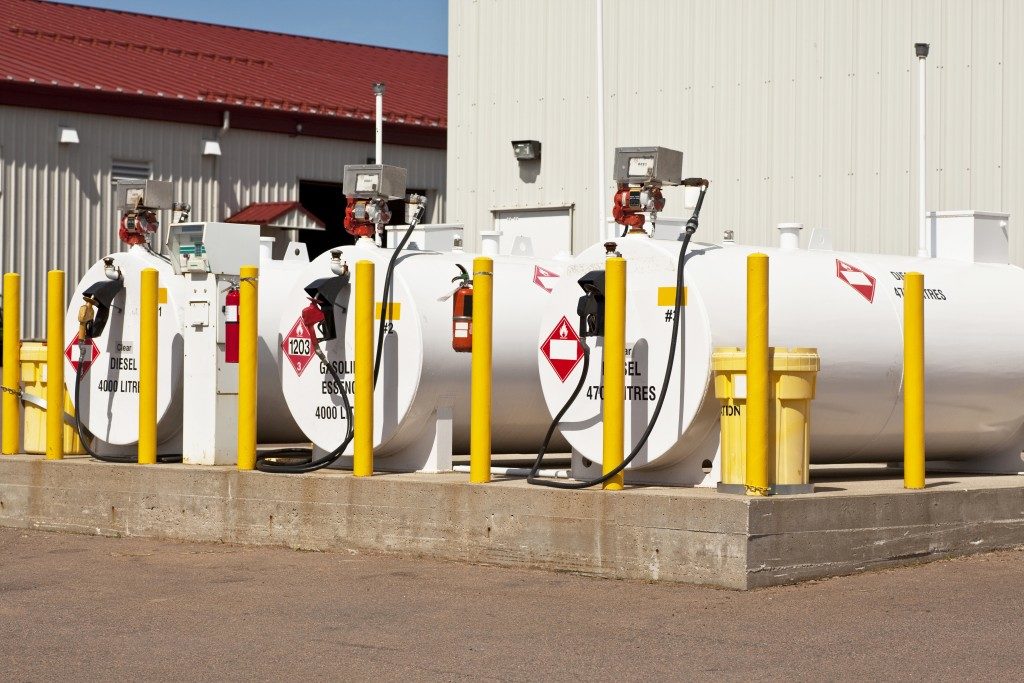The purity of fuels is required for almost all types of modern vehicles. These range from internal combustion engines on cars to diesel fuels in trucks and ships, and especially aviation fuels. Testing for the components of these fuels is not an easy task. Some fuels can run with a lower quality, while others like airplanes require a higher purity and quality. The presence of aromatics in jet fuels is a natural occurrence. How much and exactly what is in there needs to be determined by experts.
Benzenes in Jet Fuel
Aromatics revolve around benzene compounds, with a chemical composition of C6H6. These are quite common compounds found in complex organic chemicals like crude oil and its derivatives. Depending on the fuel, benzenes and other aromatics comprise 8% to 18% of aviation fuels. The quality of fuel depends on its composition. Jet fuel is a prime example of a fuel with high quality and reliability.
The composition can have an effect on the spray, atomization, droplet evaporation, pollutants, flame structure and particle emissions. Jet fuel is constantly being evaluated for its components and subsequent behavior. Besides the fuel efficiency and level of pollution, the weight and cost factors are also considered during testing.
Jet fuel composition is tested with different variables. Spray analysis for liquid velocity is among the criteria for efficiency. Another vital test is for droplet diameter. This fuel characteristic is directly related to dissipation when the fuel leaves the nozzle and is burned in the jet turbine. Due to the composition of jet fuels, other composition variables are also studied for possible relationships.
Quality Assurance

Even after a fuel has been tested and is released for commercial use, there are still various testing procedures to ensure quality. This is necessary due to the nature of the industry and the fuel. The airline industry is heavily dependent on the cost of fuel. It also relies on quality and fuel efficiency. To be competitive, airlines balance between selling high-value seats, number of total seats, and the price of fuel. If the quality of the fuel is off, it may result in more fuel being used up in flights, resulting in higher operating costs.
To ensure fuel quality, one of the methods used in testing is supercritical fluid chromatography (SFC). In simple terms, a compound is passed as a solution, suspension, or as a vapor through a medium where the movement of its components varies. The “speed” of travel is read to determine the composition.
There are different types of chromatographic tests and some are more advanced than others. For jet fuels, SFC has proven to be the best at determining composition. Among other things, it uses carbon dioxide, which dissipates into the atmosphere leaving no residue or pollutant. Additionally, it provides finer results and a higher reliability in testing. Benzenes and other compounds are part of the expected results in testing, and SFC provides more details about the fuel composition.
The use of SFC tools and methods are not limited to jet fuels. It can also be used in testing other fuels especially high performance fuels for race cars, as well as in the formulation and quality assurance of high octane and unleaded fuel. It can also be used on any polymer or plastic.
Read more at Centerfield Technology.

